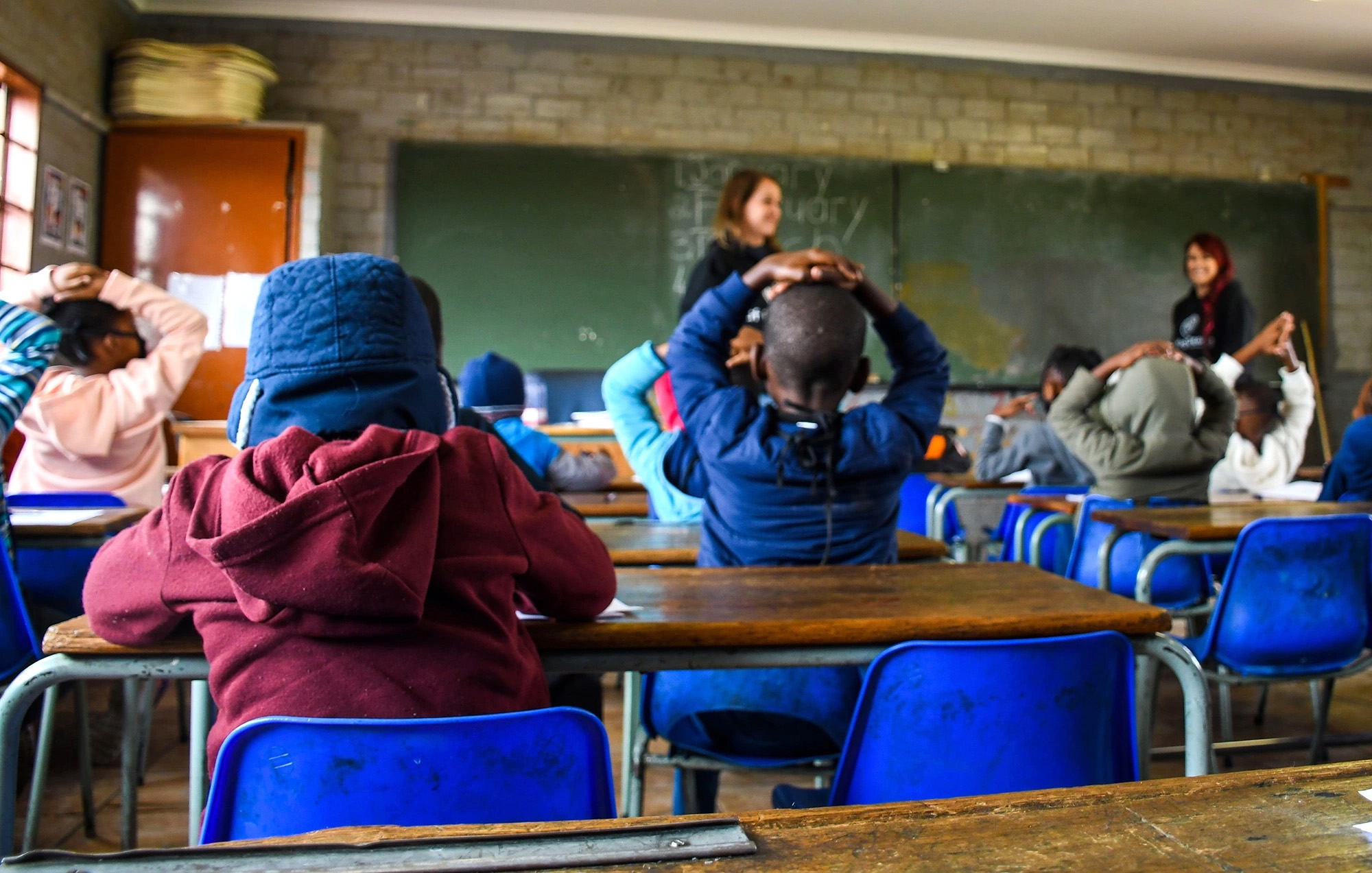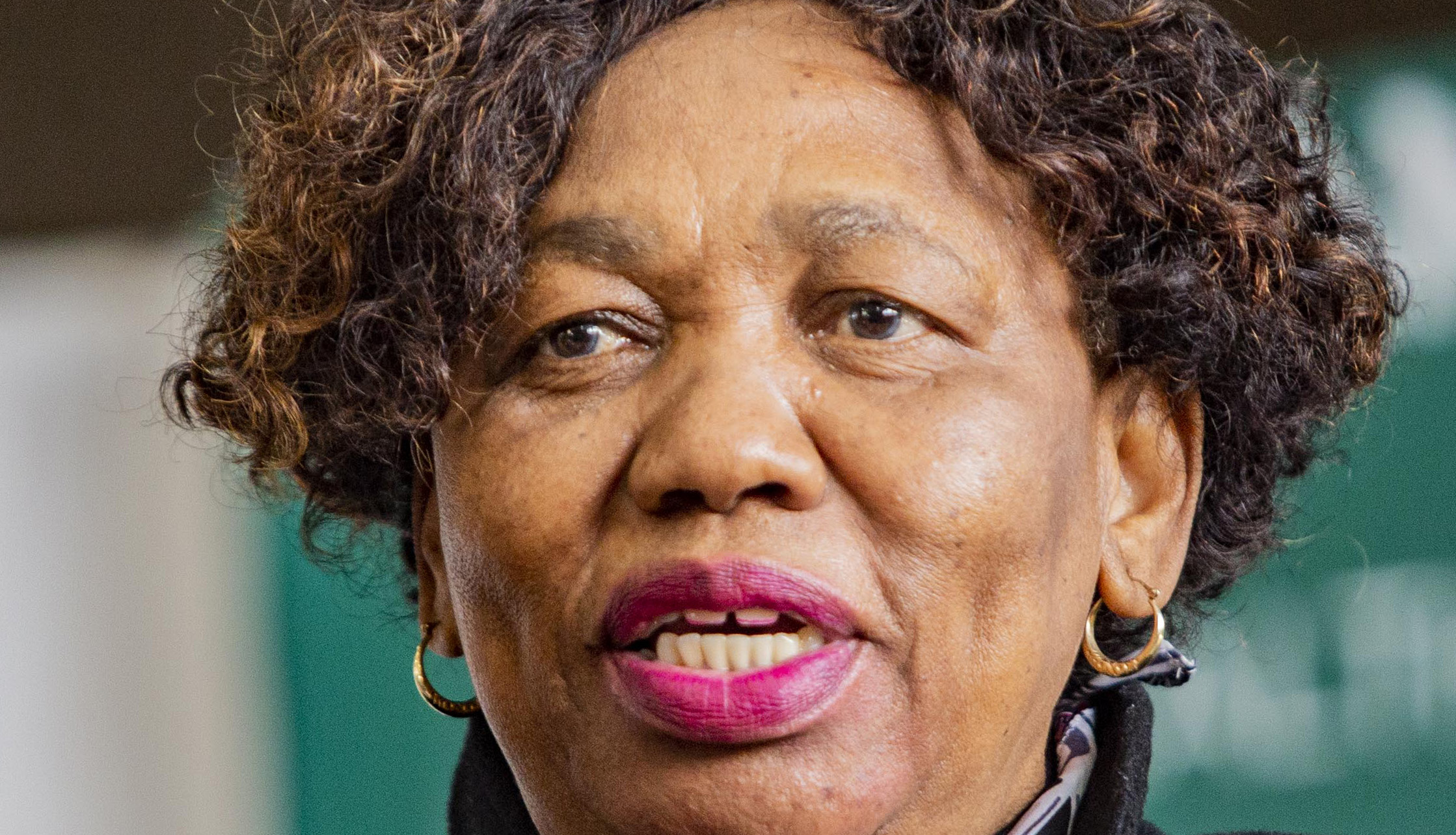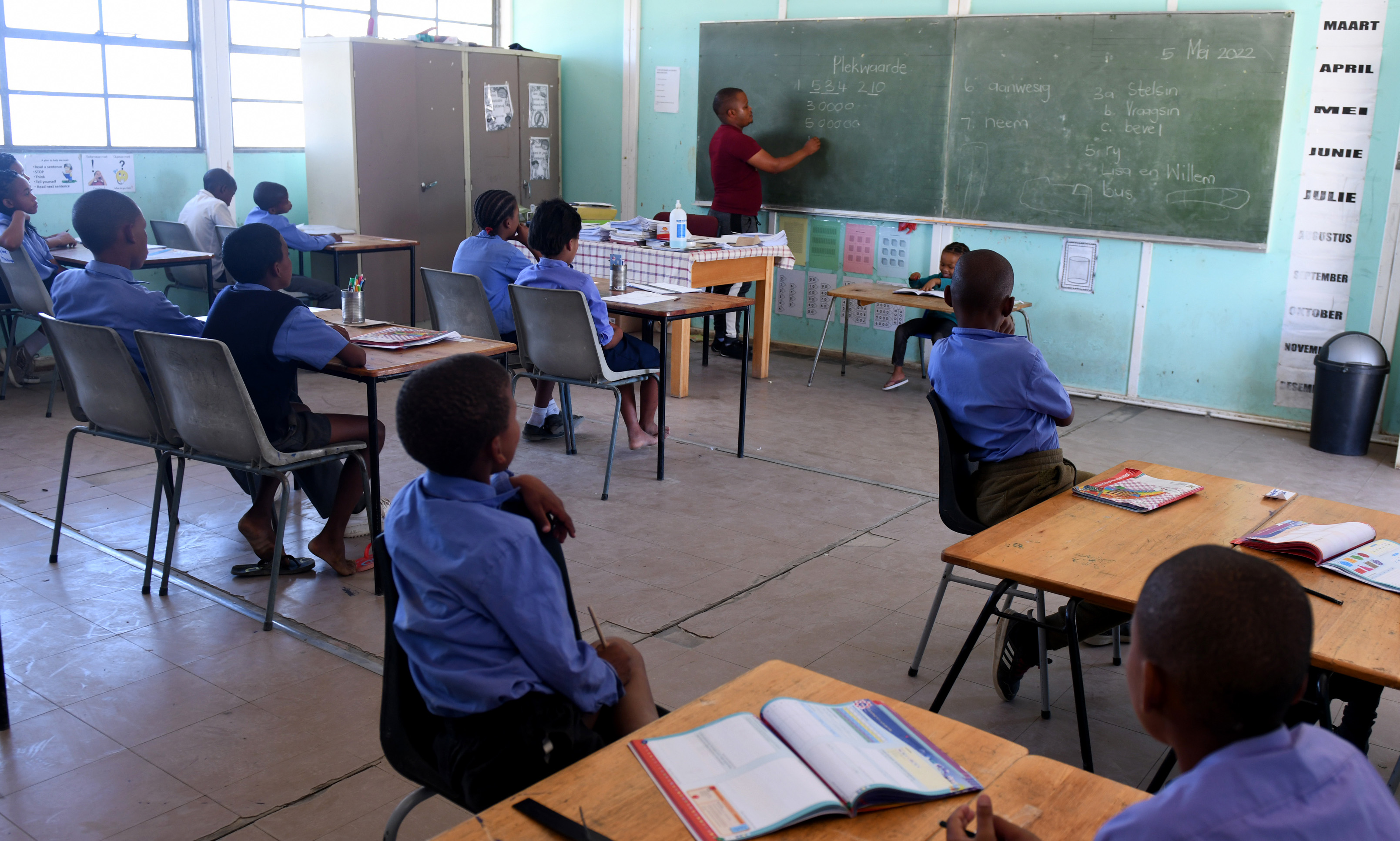“Our ‘access problem’ is not language, but capacity in schools,” said Jaco Deacon, an expert in law education and CEO of the National Representative Organisation for Governing Bodies of South African Schools (Fedsas).
“[There are not] enough schools and [not] enough good schools,” he said.
Deacon was commenting on the Basic Education Laws Amendment Bill (BELA) that aims to boost mother-tongue education in schools.
Fedsas is among a number of bodies making submissions on the BELA Bill in public hearings at Parliament.
There are 8,096 single-medium schools, which make up most of the public schools in the country. Of these, 6,483 are English, often the second or third language of students, and 1,261 are Afrikaans. Only a few pilot projects in schools have isiZulu, isiXhosa (118 schools) and Setswana as mediums of instruction.
Mother-tongue education in schools is not the norm, a fact of access that universities have had to try to address and manage.
The BELA Bill aims to amend two schooling acts and reconcile shortcomings from the bottom up, together with other updates. The Bill will change the South African Schools Act (SASA) (1996) and the Employment of Educators Act (EEA) (1998).
Oral submissions to the Bill that began 8 November are showing that its intentions for language policies cannot only deliberate access. Funding, resources, research and strategic modus operandi to navigate school’s language policies, which is proving more complex than a straightforward easy-fix approach the paperwork suggests, demonstrate the complexities in language policy planning in education.
The BELA Bill pushes for mother-tongue education and, where it finds it necessary, will allow provincial heads of department (HoDs) to remove single-medium instruction in schools. The HoDs will have oversight of schools’ language policies, a point that has sparked controversy for parents and school governing bodies (SGBs), who contend that state control is at stake.
Since its 2017 introduction in Parliament, stakeholders have scrutinised the Bill for its precise implications, with fears that existing mother-tongue education in the schools will be weakened.
 The government is trying to find ways to implement mother-tongue learning in South Africa's schools. (Photo: Julia Evans)
The government is trying to find ways to implement mother-tongue learning in South Africa's schools. (Photo: Julia Evans)
Between 1 May and 15 June, the portfolio committee on basic education received approximately 18,000 written submissions from the public, as part of the public participation process that will continue into 2023 with a provincial roadshow.
“This is where the committee will receive further input on the Bill and get an idea how people on the ground feel,” said Bongiwe Mbinqo-Gigaba, National Assembly chairperson on the portfolio committee.
Elijah Mhlanga, spokesperson for the Department of Basic Education, said, “[The public] need to keep in mind that there is nothing final, this is an ongoing democratic process that is unfolding with the participation of the public.”
More oral hearings will be conducted on 15 and 22 November.
Visit Daily Maverick's home page for more news, analysis and investigations
Not all interest groups are opposed to the Bill in its entirety (though 89% of the submissions processed thus far have rejected it) and the push for mother-tongue education is generally welcomed and its advantages recognised.
According to Gertrude Quan, legal researcher at Equal Education Law Centre, which favours the policy amendments, research shows that mother-tongue education is pivotal in basic education.
Quan pointed to studies showing learner underperformance and an increase of dropouts when learners switch from learning in their mother-tongue to English or Afrikaans after Grade 3 – a trend also seen in South African schools.
This pivotal role is undisputed. The DA – which will make its submission to Parliament in the coming week and demand that the Bill be scrapped in its entirety – agrees.
“[Mother-tongue education] has been proven to increase the speed of learning and comprehension [of learners],” said Baxolile Nodada, the DA shadow minister of basic education.
But there are clear differences of opinion over how the country needs to build mother-tongue education to reap its benefits.
At the centre of dispute over the Bill – in its entirety and in its implications for language policies – is whether the amendments will strengthen the education system on the ground – with infrastructure and safety in schools, quality teaching and resource issues continuing to be problematic in basic education.
Do we have the capacity?
Elaborating on the capacity issue, Deacon said the current limitation is the availability of teaching and learning materials, and teachers who are willing to teach in a language other than English.
Mhlanga recognised this as part of the challenge for implementation, saying “some of the challenges are the availability of willing and competent teachers to teach African languages and attitudes and the misconception that African languages have little value in the global scheme of things”.
For SGBs, parents and other stakeholders the complications do not end there.
According to Deacon, who sees the plan as unrealistic, very few schools can fund the changes through school fees.
“The best way to promote mother-tongue is to provide funding that will enable school communities to make that decision,” he said, describing policy changes as “an escape clause for bad management and poor planning”.
Deacon said more schools needed to be built – “at least 400 new ones in Gauteng and 200 in the Western Cape”.
The DA’s Nodada, whose party received nearly 30,000 signatures on its petitions against the Bill, agreed, saying the planned legislation did not fix what needed fixing, “In this case, schools that don’t offer mother-tongue education; and lack good governance, management, quality teaching, adequate infrastructure.
 Angie Motshekga is the minister of Basic Education. (Photo by Gallo Images/OJ KolotI)
Angie Motshekga is the minister of Basic Education. (Photo by Gallo Images/OJ KolotI)
“Breaking down or dismantling schools that have a good track record in the above won’t solve the problems that an alarmingly large number of South African schools face,” added Ndoda.
Quan said several additions might help realise the Bill’s objectives and suggested the department also consider:
- access to excess capacity in single-medium schools;
- demand for conversion to dual-medium school of single-medium schools;
- the availability of and accessibility to other similarly resourced public schools for learners “language barred” from attending a single-medium school;
- the geographical areas that learners attending a single-medium school come from, and,
- the curriculum options offered.
“The DBE is also encouraged to invest in more teachers, moderators and invigilators who speak African languages, in order to administer examinations across more diverse languages than English and Afrikaans,” Quan said.
Creating an ‘administrative nightmare’
According to Quan, oversight of the department may help safeguard against schools using language policies that undermine the interests of the community and the use of public resources within the public education system. Not all stakeholders, especially parents, agree.
Language policy, as with all policies, should be decided by parents through structures provided by the Constitution and the Schools Acts, stated Philip Rosenthal of the ChristianView Network, which also made a submission last week.
Rosenthal added that a requirement for schools to make submissions of language policy would be an administrative nightmare and impractical.
“[The DBE’s HoDs] cannot possibly read, let alone apply their minds to, all of them within the required 60 days, and so almost all will be approved unread by default,” said Rosenthal. “This will simply waste resources that could be used to improve actual education.”
Rosenthal’s network is neutral on language education but argues that if the state can control language policy, it can use the precedent to do the same with other things. “That is why in principle we argue power must stay with parents,” he said.
“The aim should be to trust that SGBs, parents and communities, know their needs better than a centralised government,” said Nodada, adding that, for cases of discrimination against rights to access education, an appeal mechanism should be in place. DM
Rebecca Pitt is a PhD candidate in general linguistics. She is a journalism honours graduate from Stellenbosch University, a former intern at Daily Maverick and a freelance journalist.




 Minister Angie Motshekga at the commemoration of Youth Month at Laban Motlhabi Comprehensive School on June 18, 2022 in Kwa-Thema, South Africa. The event is part of the Ministerial Roadshows aimed promoting the sectorís key interventions such as the newly adopted Early Childhood Development (ECD) function, Matric Second Chance Programme and other collaborative effort to end violence against children, bullying, discrimination and Gender-Based Violence. (Photo by Gallo Images/OJ KolotI)
Minister Angie Motshekga at the commemoration of Youth Month at Laban Motlhabi Comprehensive School on June 18, 2022 in Kwa-Thema, South Africa. The event is part of the Ministerial Roadshows aimed promoting the sectorís key interventions such as the newly adopted Early Childhood Development (ECD) function, Matric Second Chance Programme and other collaborative effort to end violence against children, bullying, discrimination and Gender-Based Violence. (Photo by Gallo Images/OJ KolotI)